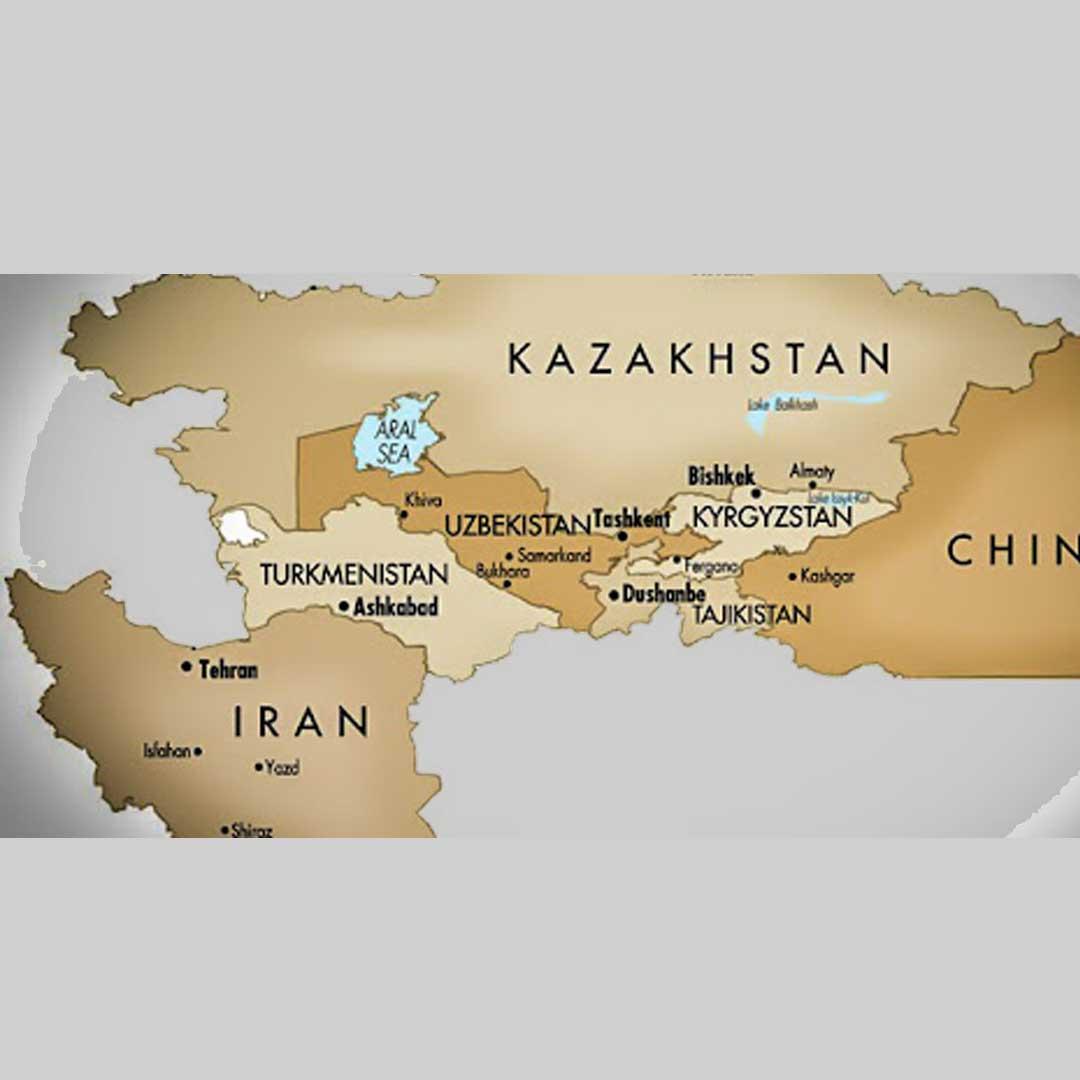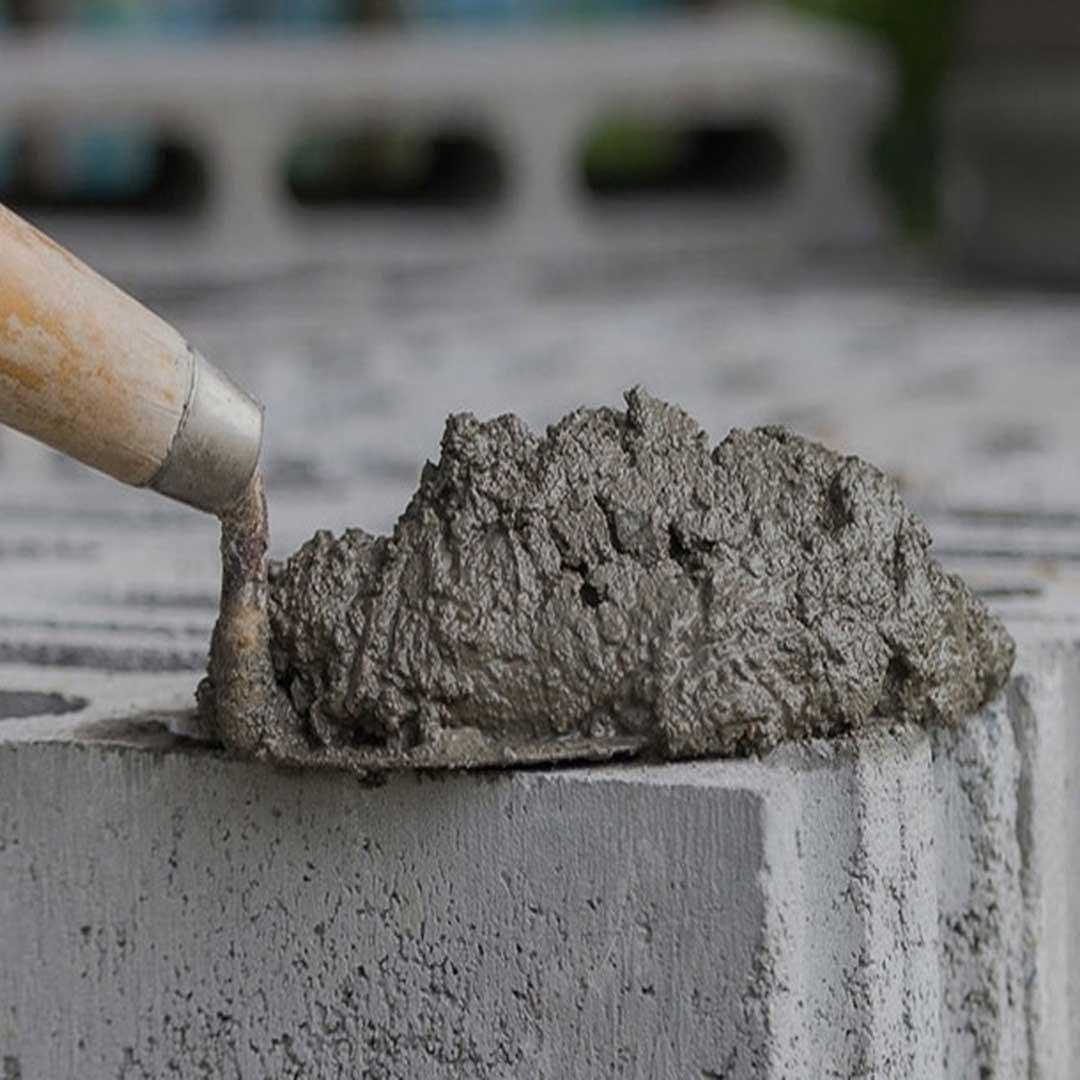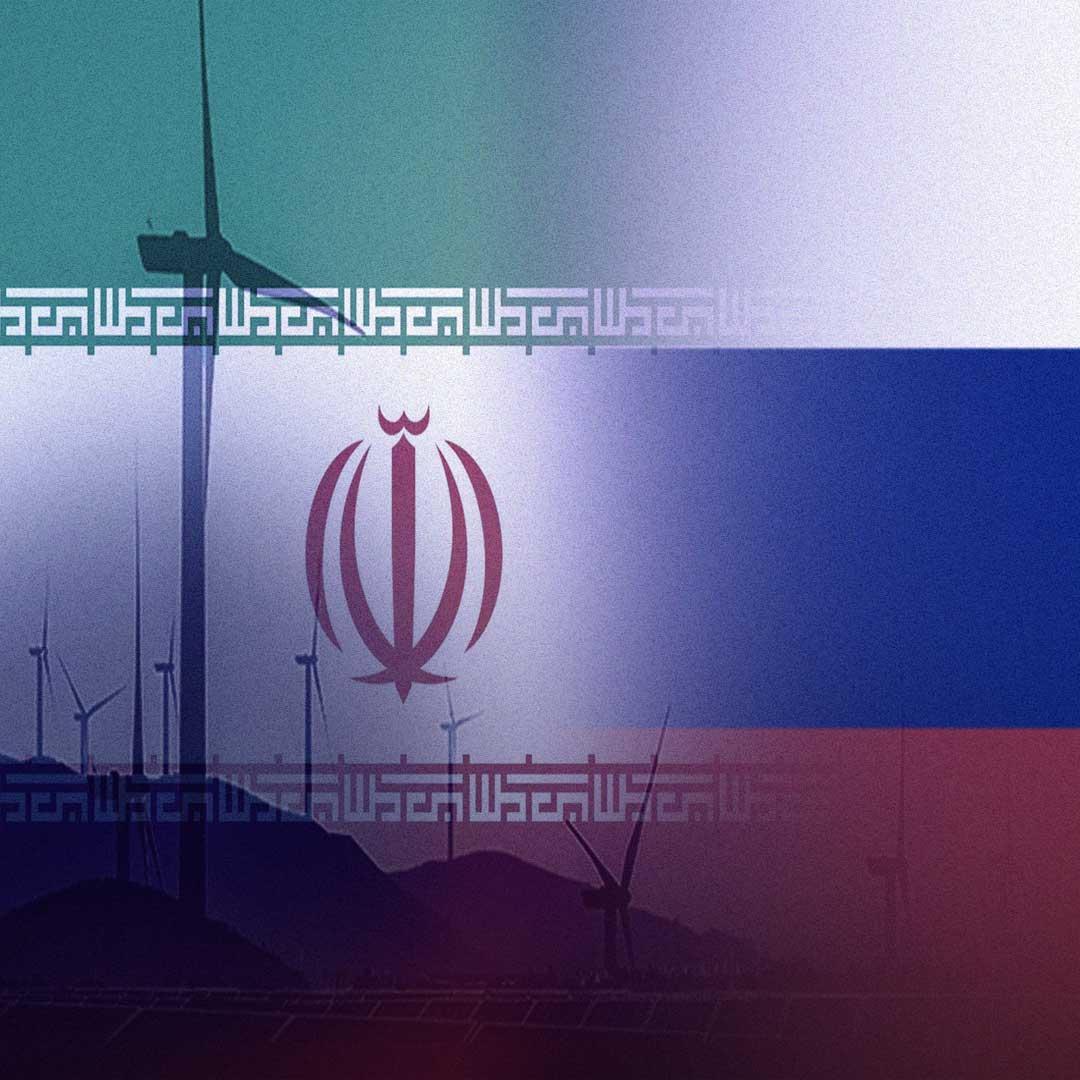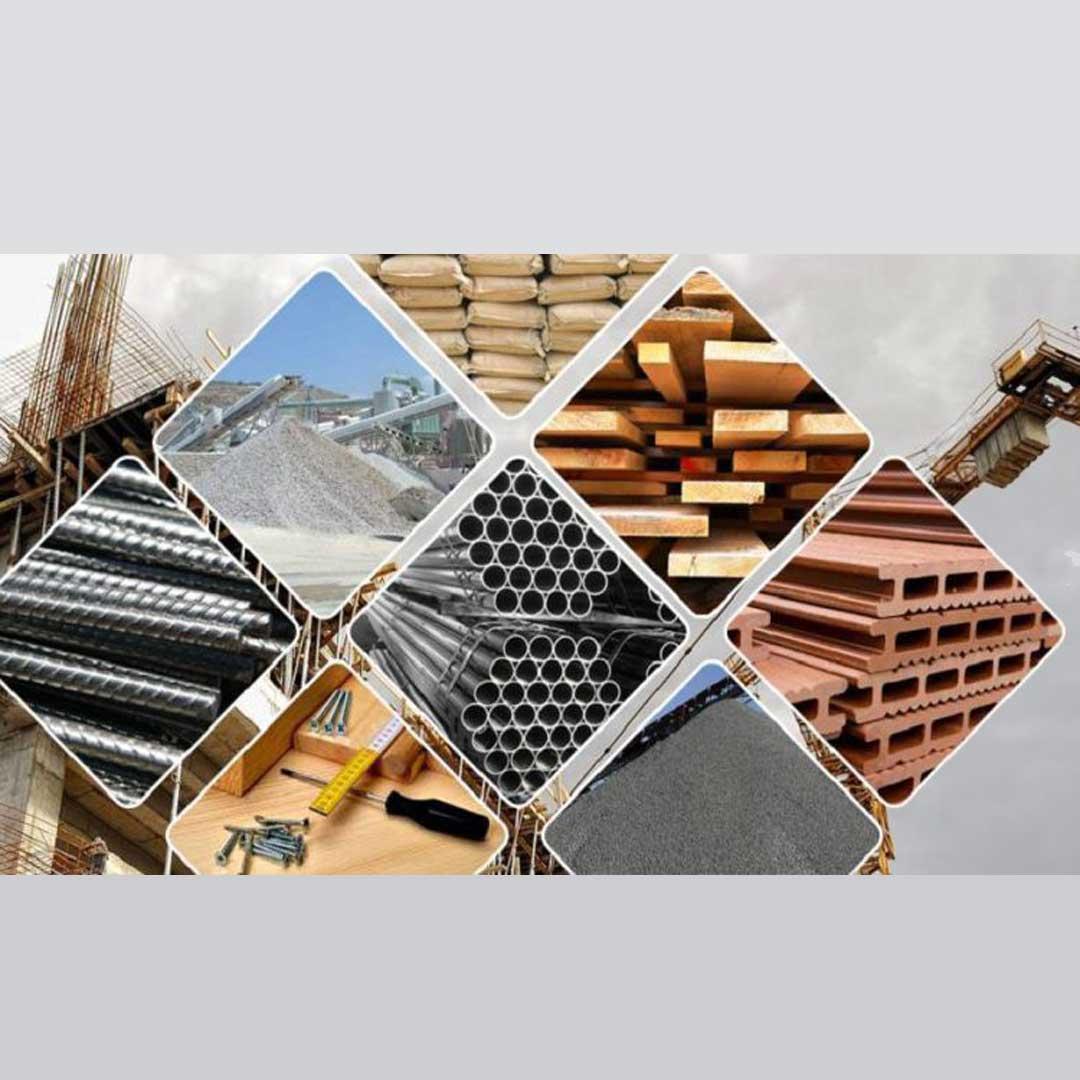Iran, a major Middle East producer of steel, cement, tiles, ceramics, and natural stones, exports to Central Asia. The A...
Iran’s Construction Material Trade to Kuwait
Iran's Building Materials Exports to Kuwait: Trends, Opportunities, and Future Outlook
Iran's exports of building materials to Kuwait have shown a significant upward trend in recent years, reflecting the country's strong capacity to meet the construction needs of its neighbor. This growth is particularly notable in sectors such as cement, plaster, decorative stones, and tiles and ceramics, highlighting the expanding economic and trade cooperation between the two countries.
Iran's Export Statistics to Kuwait
According to official statistics, Iran's exports to Kuwait have increased considerably over recent years, covering a wide range of products including building materials, food, and industrial goods.
| Year | Total Exports to Kuwait (Million USD) | Cement (Million USD) | Plaster (Million USD) | Other Key Products |
|---|---|---|---|---|
| 2023 | 297 | 137 | 10.7 | Sheep and goats 72.4 |
| 2024 (10 months) | 192.611 | – | – | 34% increase compared to the same period last year |
| 2025 | – | – | – | Participation in Iran International Export Exhibition; over 30 Kuwaiti business representatives met with Iranian manufacturers |
Iran's Position in Kuwait's Building Materials Market
With an annual production of approximately 45 million tons of cement, Iran is one of the largest cement producers in the world. This capacity allows Iran to supply a substantial portion of Kuwait’s cement demand. In addition to cement, other products such as plaster, bricks, construction blocks, tiles, ceramics, decorative stones, and piping and fittings also play an important role in Iran's exports.
Iranian Building Materials Exported to Kuwait
Iran exports a wide range of building materials to Kuwait, primarily used in residential, commercial, and industrial construction projects. Key products include:
- Cement and Clinker: Portland cement, white cement, and gypsum cement.
- Plaster: Standard plaster, facade plaster, and polymer plaster.
- Bricks and Construction Blocks: Compressed bricks, clay bricks, and concrete blocks.
- Tiles and Ceramics: Wall and floor tiles, porcelain tiles.
- Decorative and Construction Stones: Marble, granite, travertine, and artificial stone.
- Precast Concrete Products: Concrete panels, curbstones, mosaics, and paving stones.
- False Ceilings and Gypsum Panels: Coated and plain false ceilings, gypsum wall panels.
- Wood and MDF/HDF Boards: Veneered boards and compressed panels.
- Construction Pipes and Fittings: PVC, polyethylene, and metal pipes for water and sewage.
- Paints and Coatings: Various construction paints, anti-rust coatings, and nano coatings.
Challenges and Opportunities
Despite its high production capacity, Iran faces several challenges in fully utilizing the Kuwaiti market, including:
- Sanctions and banking restrictions, which complicate money transfers.
- Need for improved quality standards to compete with regional and global producers.
- Logistics and transportation issues, increasing delivery costs and time.
However, the high demand in Kuwait, close cultural and economic ties, and increasing need for quality construction materials present excellent opportunities for expanding exports.
Role of the Abrisham Road International Platform
The Abrisham Road International Platform, as Iran's first B2B platform, plays a crucial role in developing building materials exports to Kuwait. This platform:
- Establishes direct connections between Iranian manufacturers and Kuwaiti buyers.
- Provides a showcase for a wide range of products, from cement and plaster to tiles, ceramics, and piping.
- Enables fast and reliable market access without intermediaries.
- Simplifies, streamlines, and reduces the cost of exports by providing complete product information, competitive pricing, and online order registration.
Thus, the Abrisham Road platform serves as a reliable bridge between manufacturers and buyers, significantly contributing to the increase in both the volume and quality of Iran’s exports.
Future Outlook
With the removal of trade barriers and the development of bilateral cooperation, it is predicted that the trade volume of building materials between Iran and Kuwait could reach approximately $1 billion within the next two years. Expanding building materials exports will not only support economic growth but also strengthen commercial and economic relations between the two countries.
Overall, with its high production capacity, product diversity, and modern B2B platforms, Iran is well-positioned to become a key supplier of building materials to Kuwait, with a promising future in this market.




